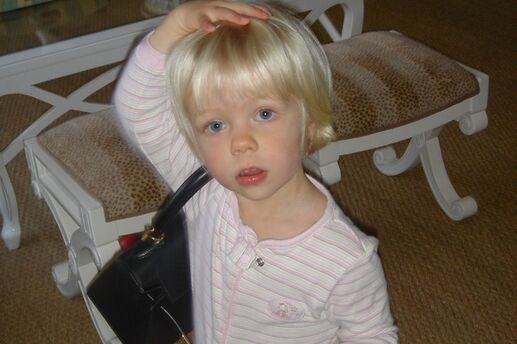Formula-Feeding Your Baby

Whether you nurse or use formula, feedings with your baby are special times to bond, allowing you both to cuddle and feel close. But bottle-feeding also gives Dads and other family members a chance to get in the game, help out and grow close to the new baby.
Formula prep
Baby formulas can meet your newborn’s nutritional needs well. And while all formulas are standard and strictly regulated, they are produced in a variety of preparations. The three common ones are: pre-made or ready to feed (usually the most expensive), liquid concentrate (which is a bit less expensive), and powdered (typically the most economical).
If mixed and used properly, the less expensive options are just like pre-made formula. Powdered formula just takes a little more time and effort (be sure to read the mixing directions very carefully).
How much formula should babies drink?
Newborn babies have tiny tummies and can only handle about one or two teaspoons of formula (which is 5 to 10 ml) at a time. After the first few days or a week, they’ll be ready handle more. Two to three ounces (60 to 90 ml) is probably a good amount of formula for your baby at this point, and she’ll likely want to eat every two to three hours.
Keep in mind that every baby is unique and has different needs. Depending on her mood and hunger level, she may take in a different amount of formula on certain days. It is all within the range of normal, but check with your pediatrician if you have questions about feeding your baby.
Important tips
Keep the following in mind when formula-feeding:
- Babies often lose weight in the days after birth. Don’t worry if this happens. She will probably be back to her birth weight after the first week. You can always ask your doctor to weigh your baby if you are concerned.
- Prepared formula can be stored in the refrigerator for 48 hours as long as the baby has not touched the nipple.
- You don’t have to heat formula. It’s personal preference: some babies don’t mind their formula a bit cold, others like it warmed. But you should never heat formula in the microwave -- it destroys some of the nutrients and can heat unevenly, creating dangerous hot spots. Always test the temperature before giving your baby a bottle.
- If you think your baby isn’t tolerating her formula, speak with the doctor before you make a switch. Your baby’s pediatrician can help guide you through the various types of formula on the market and pick the right one for your child.


